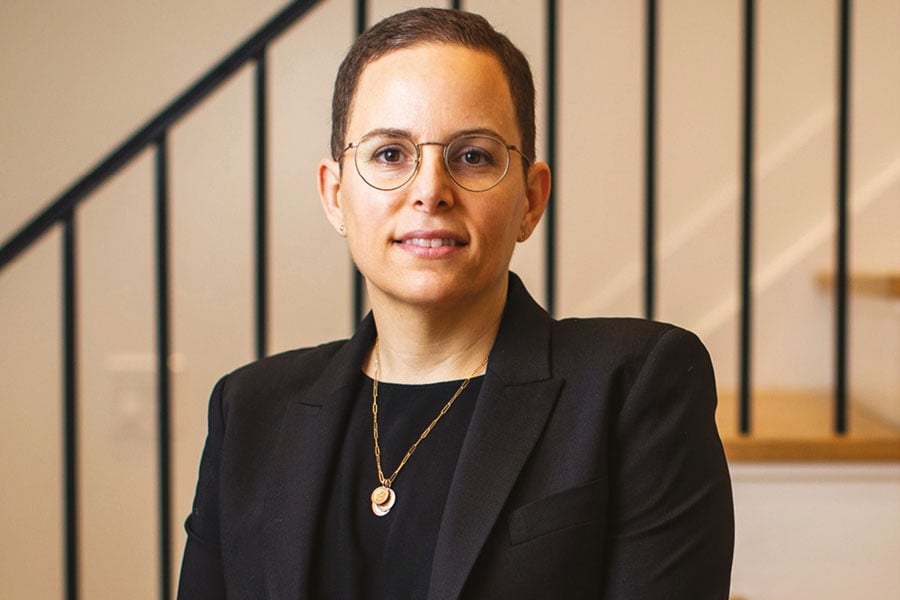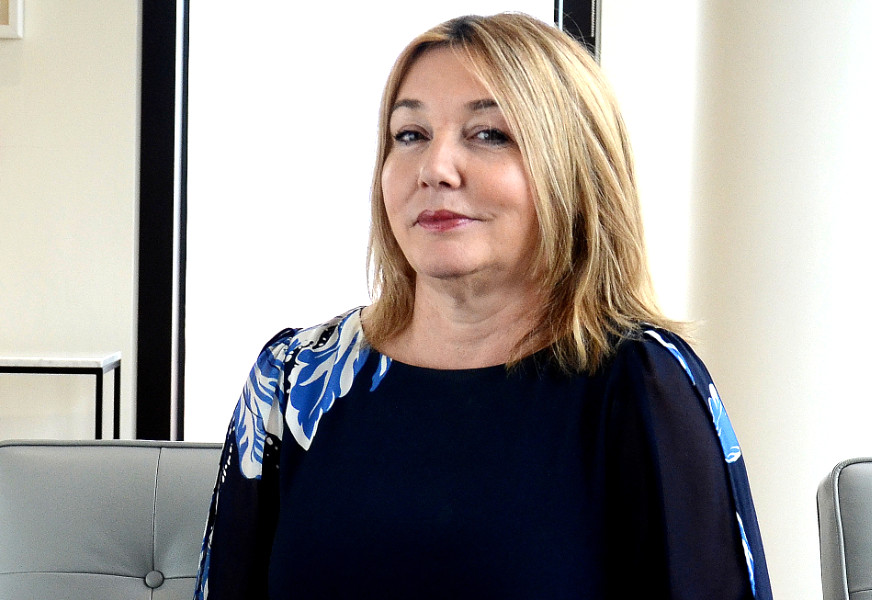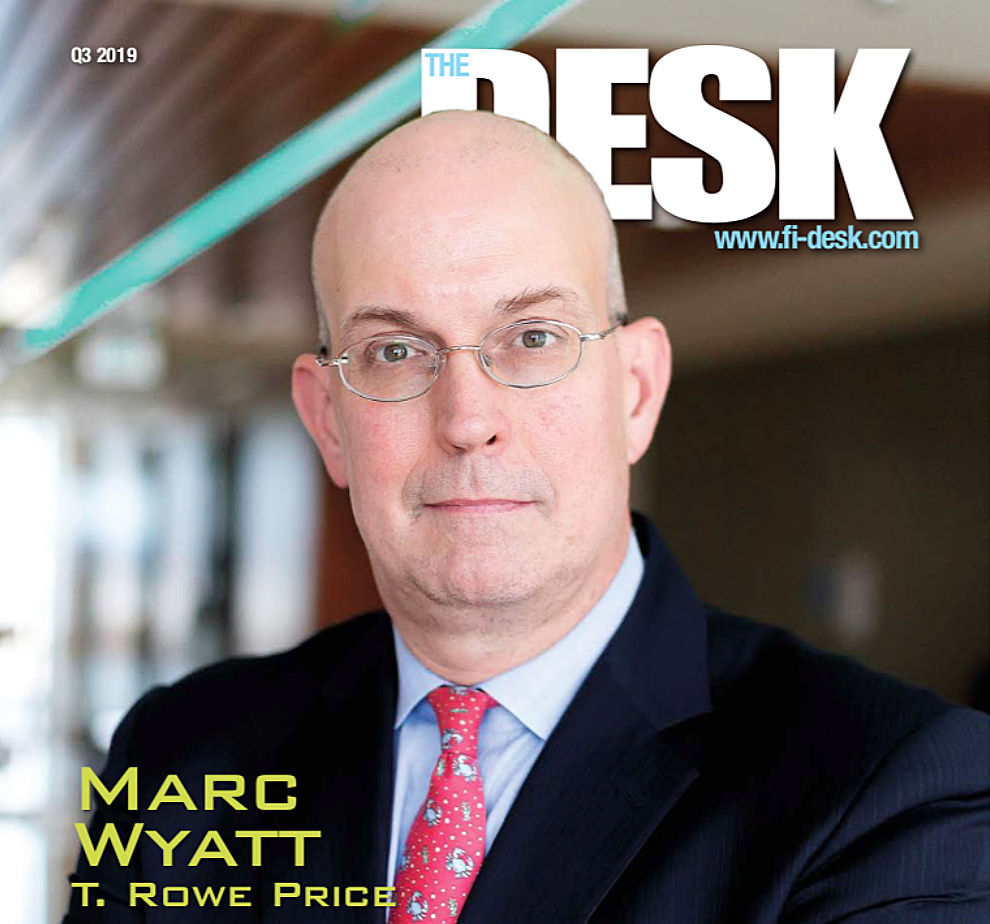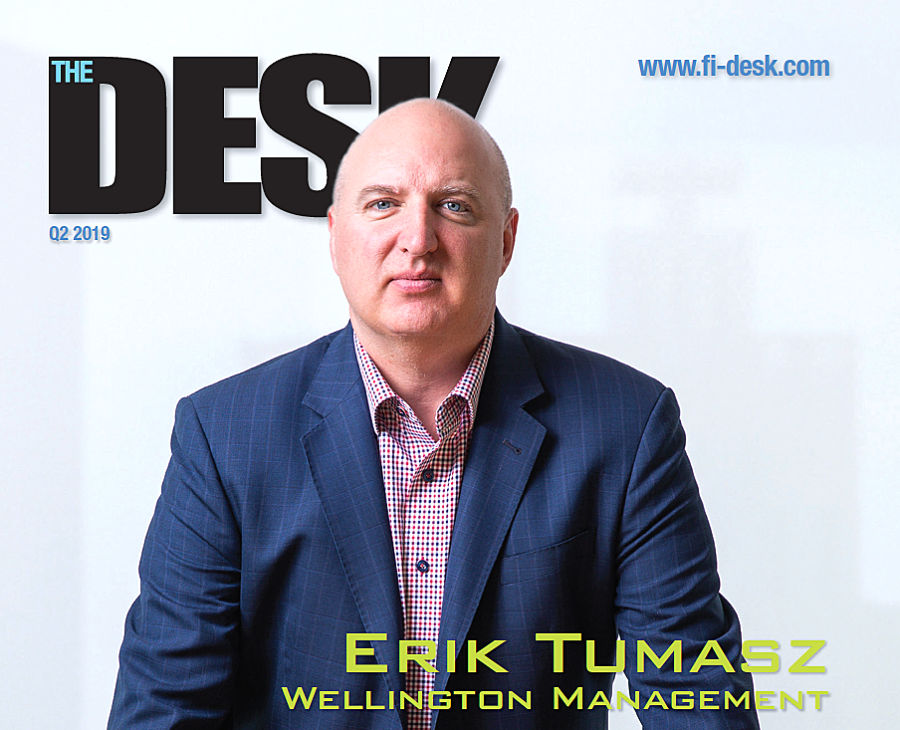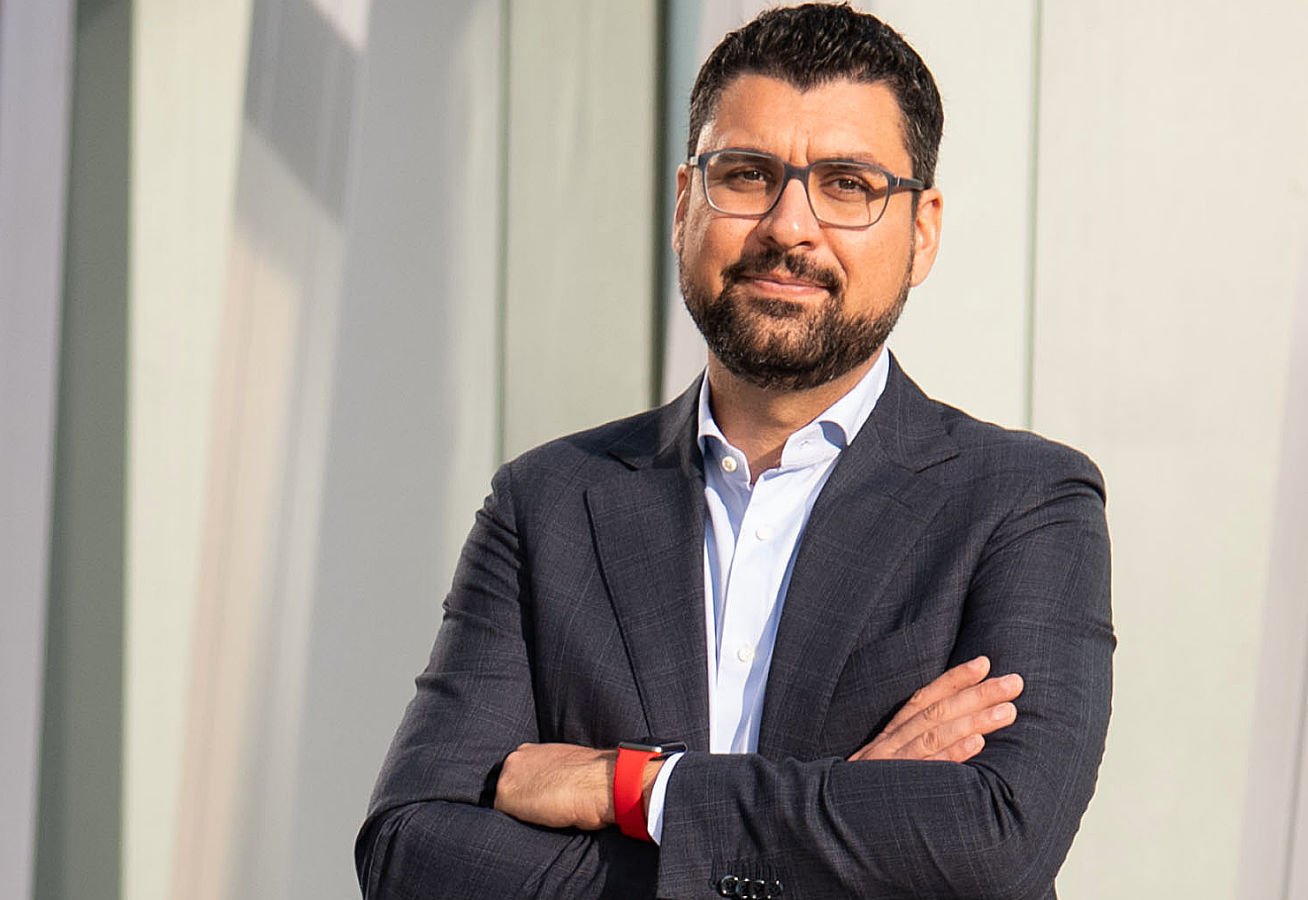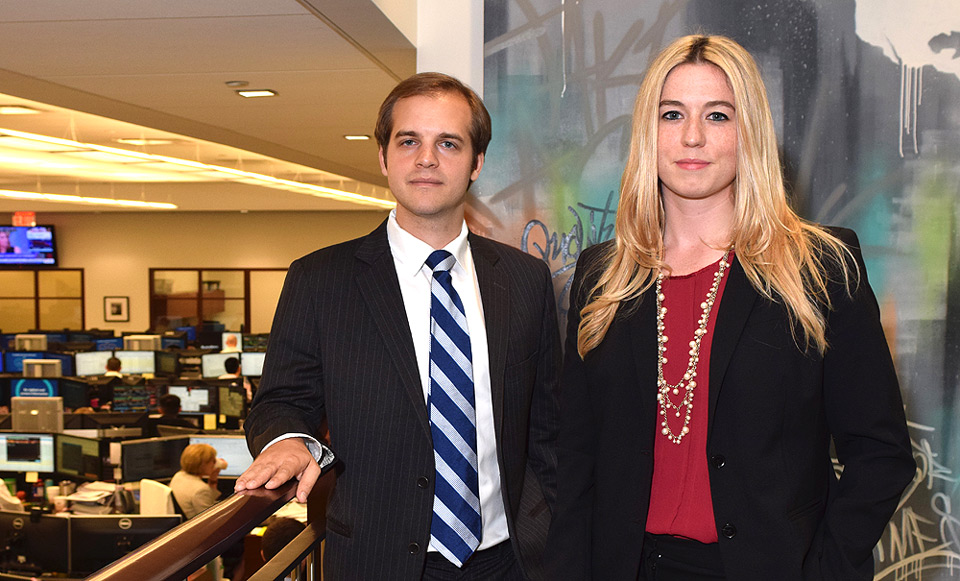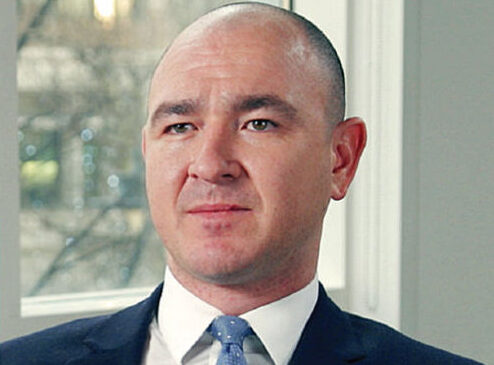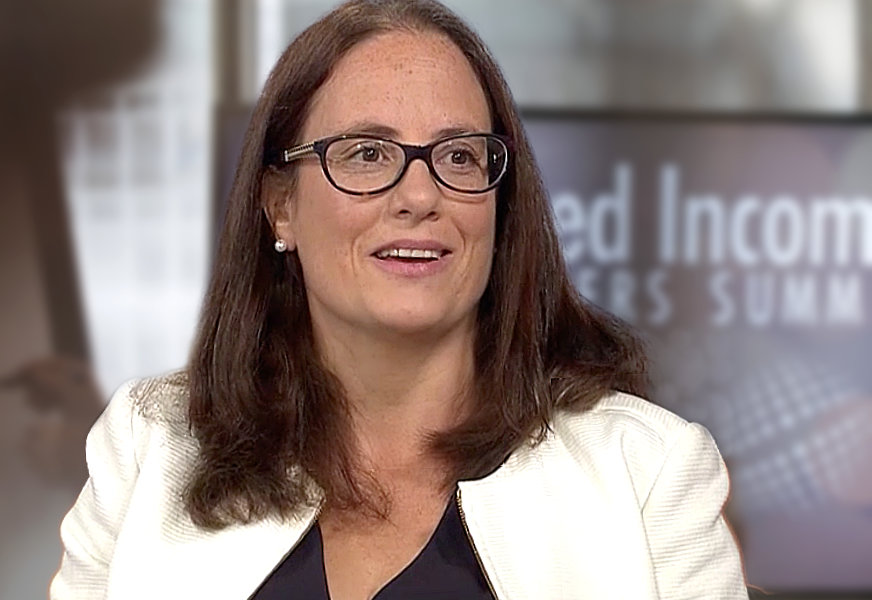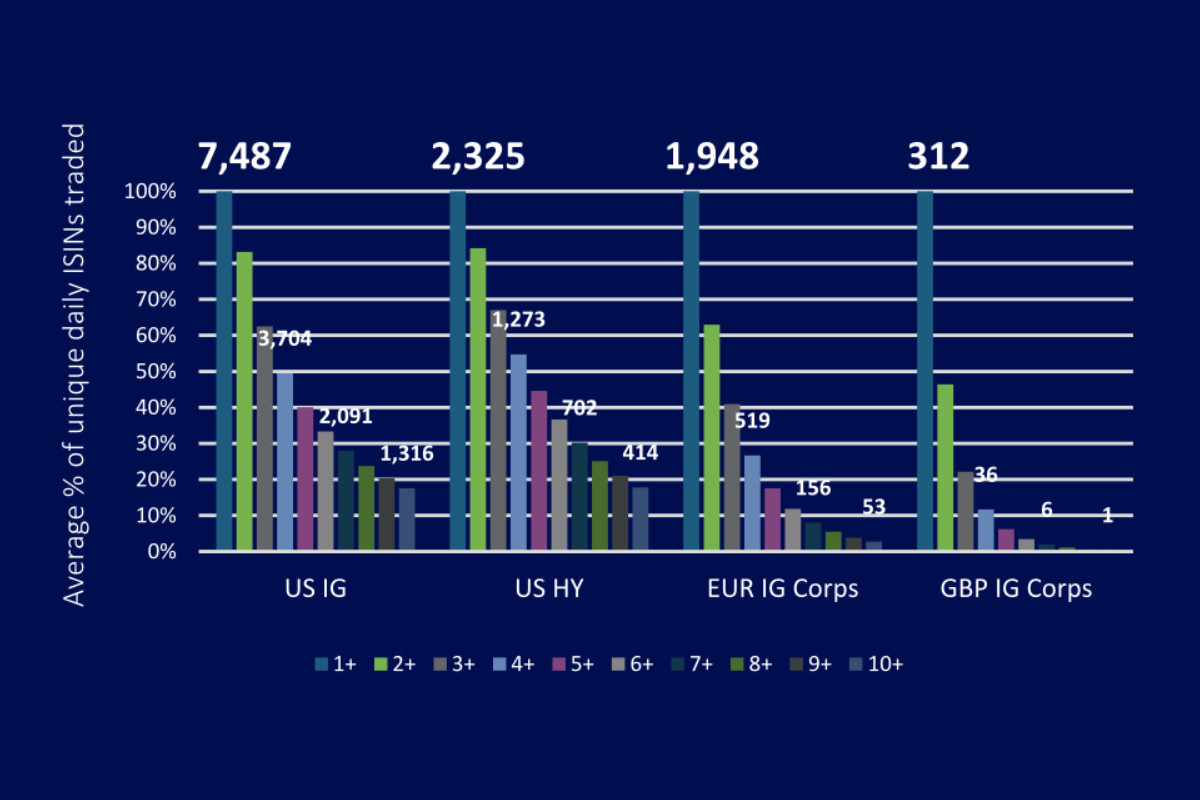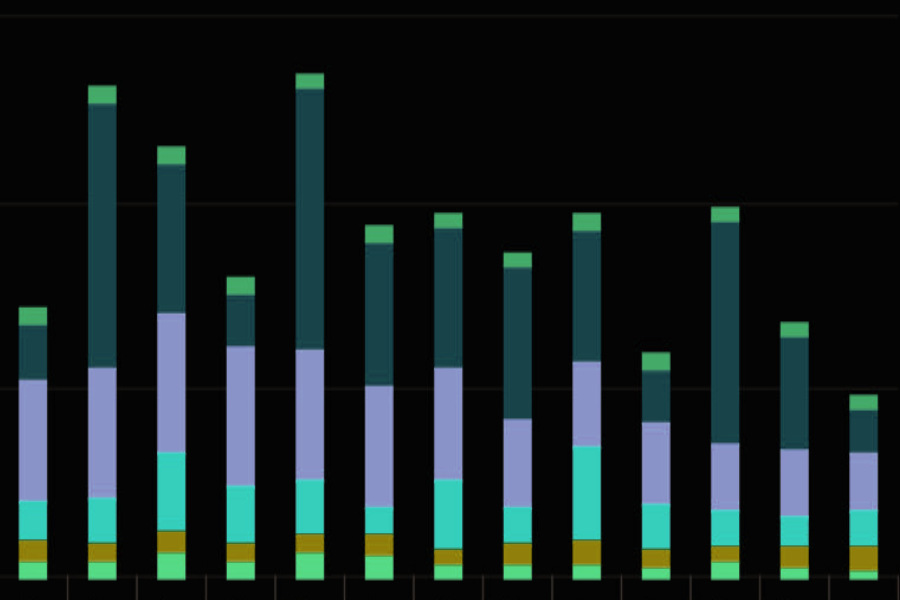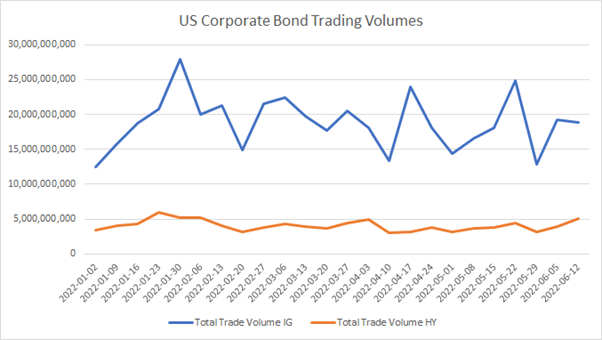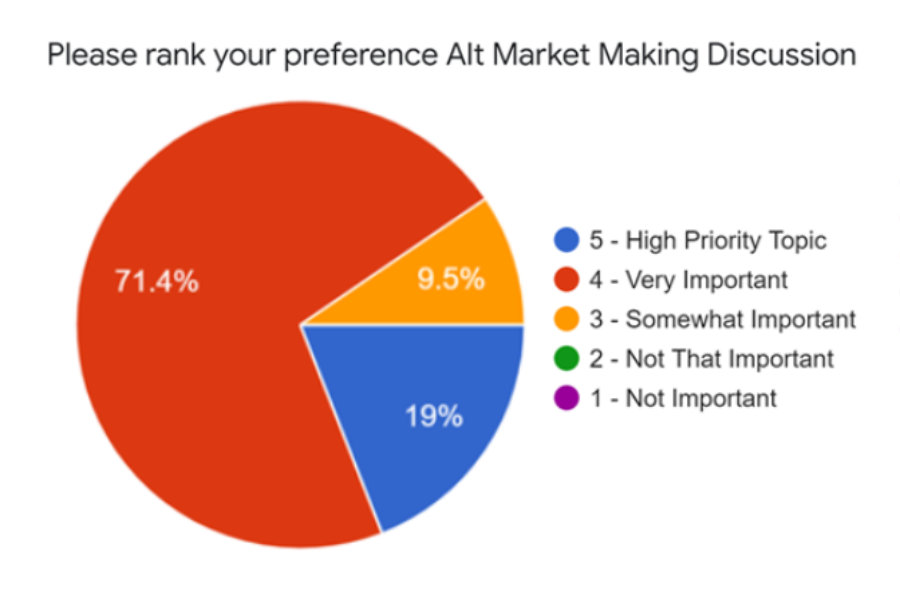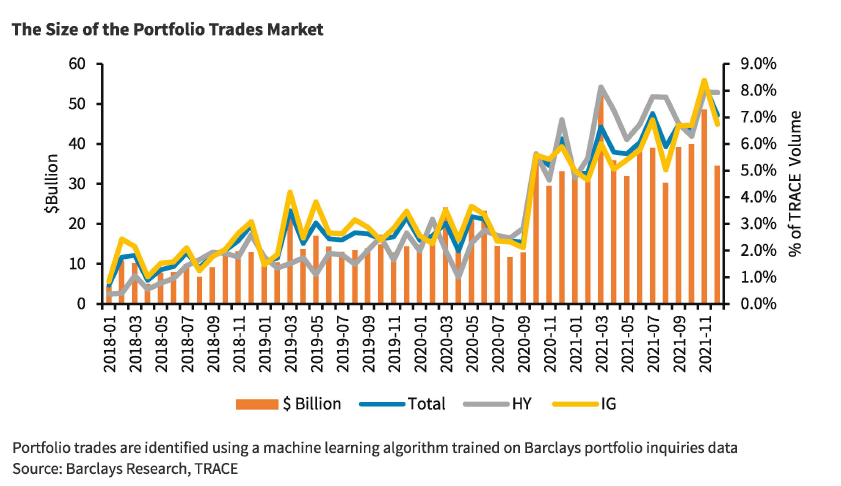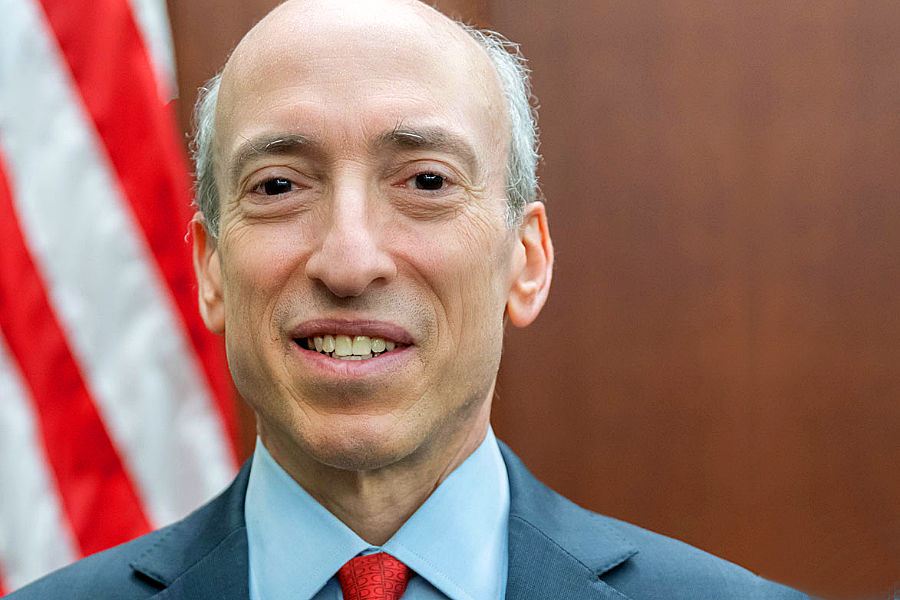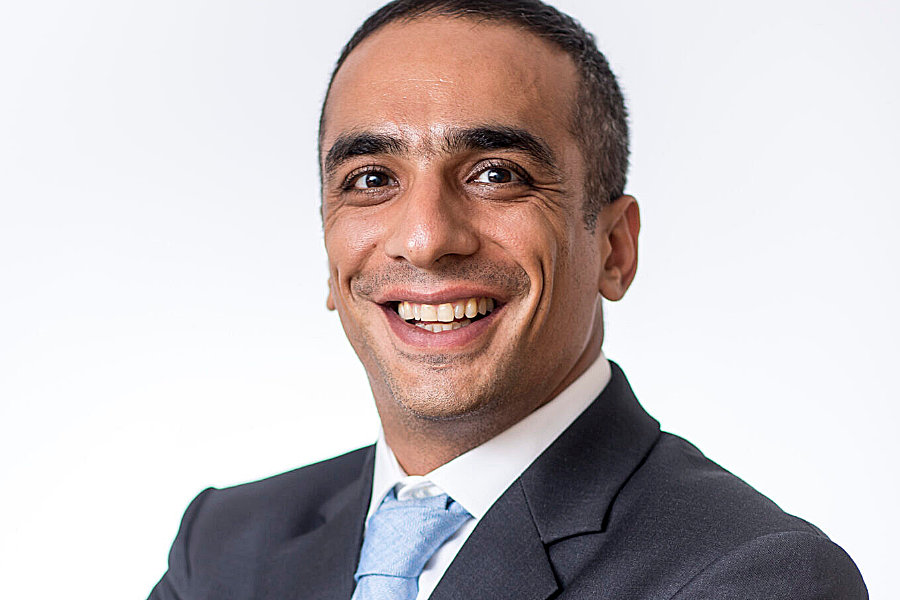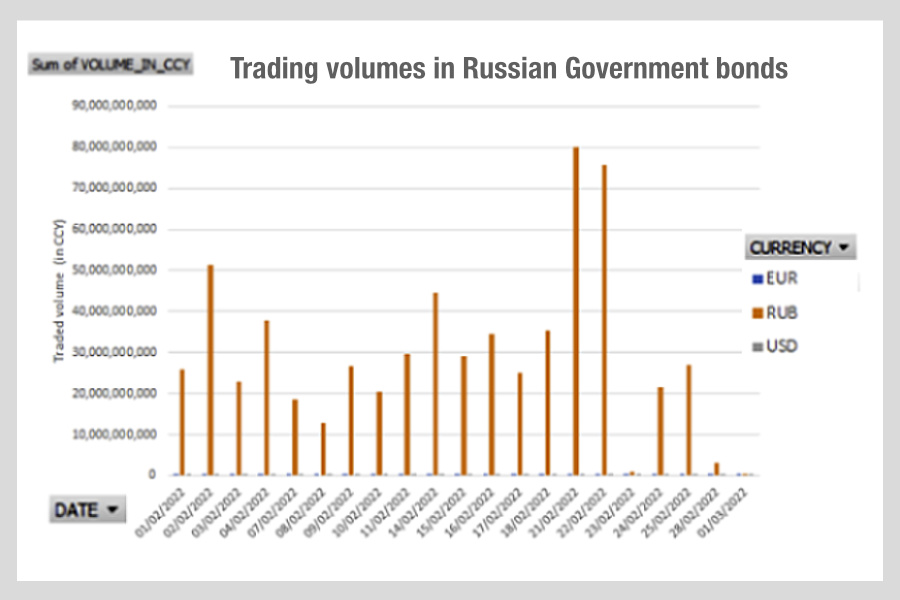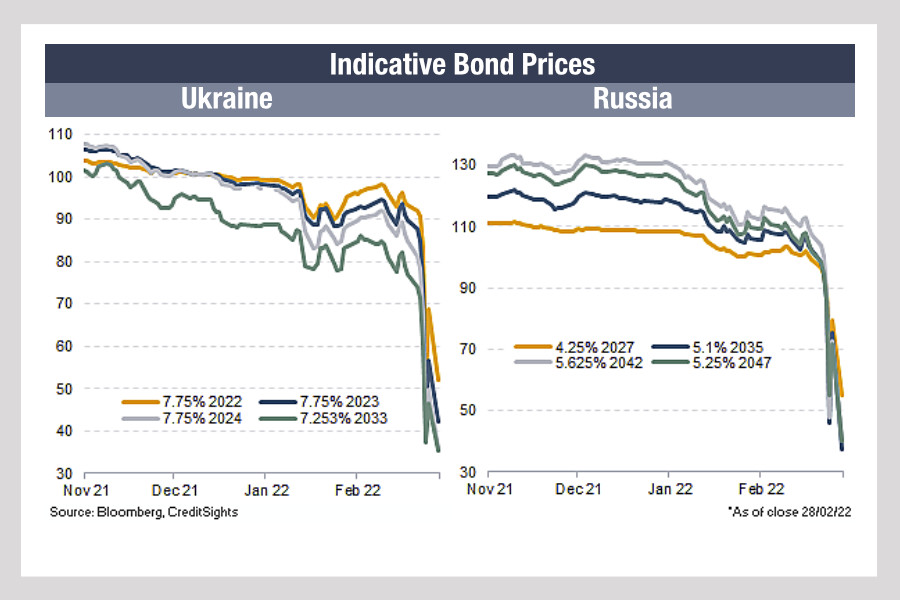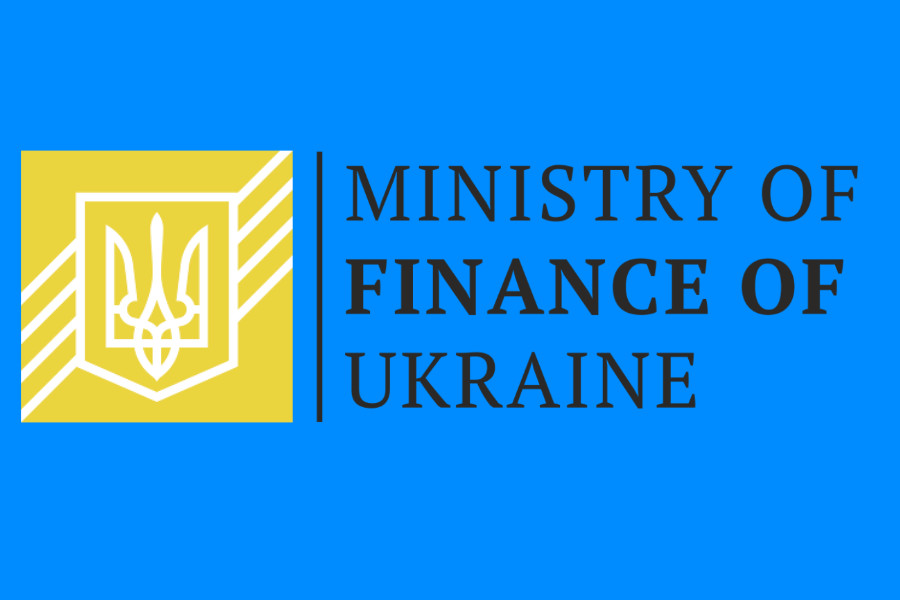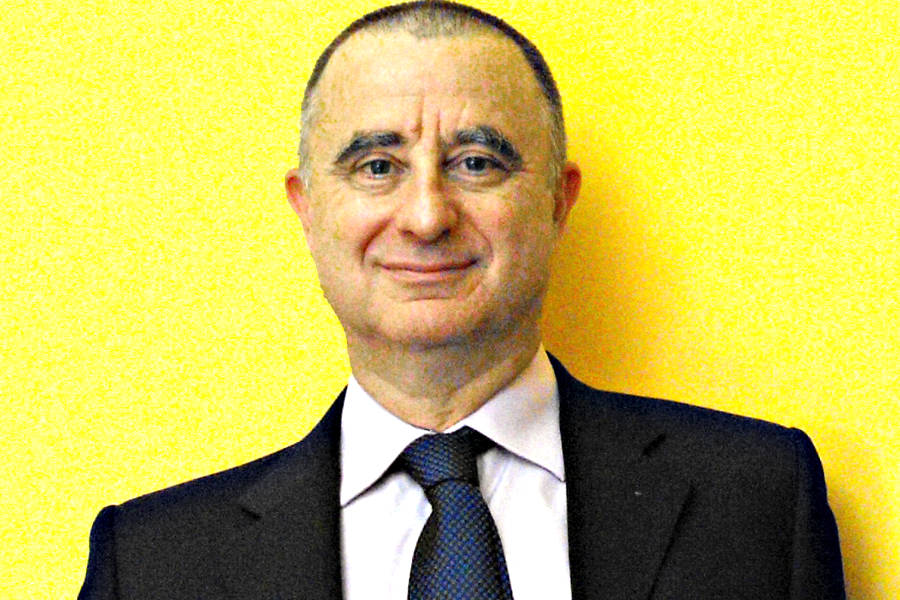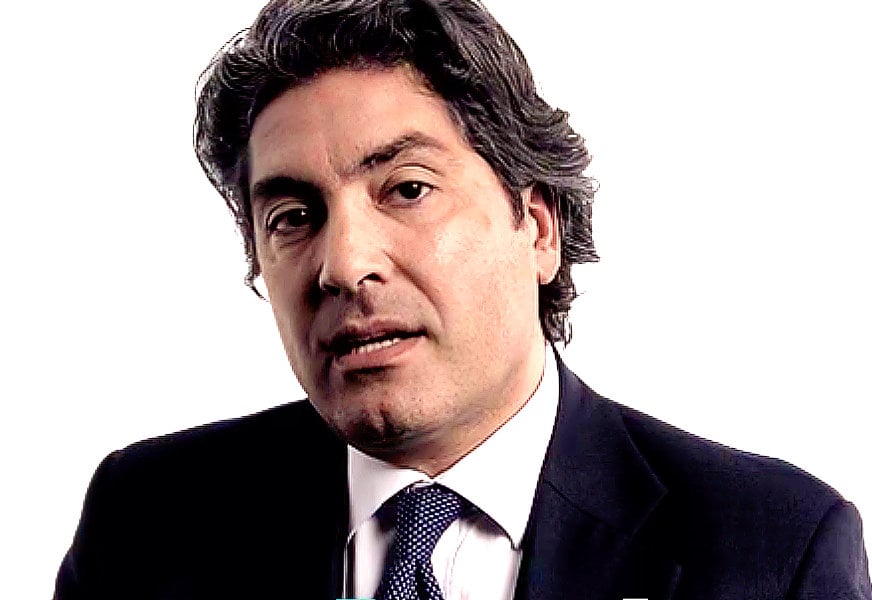By Flora McFarlane.
US banks are able to unbundle trade execution and research payments without incurring fiduciary responsibility for trade execution. Following a lengthy process of deliberation over the impact of MiFID II unbundling on US broker-dealers, the SEC has issued three no-action letters, assuring firms that the incoming obligation of unbundling research costs will not affect their status under safe harbour laws.
US brokers had been facing potential difficulties arising from unbundling obligations, with principal law 206(3) obligating institutions that sell research to act as investment advisers. Under US federal law, brokers are not allowed to receive “hard dollars” for research without registering as an investment adviser, with “soft dollar” payment, or a commission, acceptable under current laws.
Registering as an investment adviser, however, entails greater fiduciary duty, incurring a “fundamental obligation to act in the best interest of your clients and to provide investment advice in your clients’ best interests.” While asset managers are required to find the best price for their clients when executing trades under fiduciary rules, dealers profit from their trading with clients.
Bank of America Merrill Lynch filed with the SEC to be a registered investment adviser on October 24, just before the SEC announcement, breaking ranks with the US brokers aiming to secure SEC relief.
However in a statement following the no-action relief announcement, BAML said that its Global Research division has registered under the firm’s existing investment adviser registration, and is separate to its execution business.
“We have determined that operating our research franchise within an investment adviser will not impose significant cost or operational complexity on our research or trading businesses. We believe our decision facilitates choice and transparency for our global clients.”
Richard Marshall, partner at Katten Munchin Rosenman LLP and former branch chief in enforcement at the SEC explained the freedom that the no action rule will afford US broker-dealers when interacting with clients under MiFID II regulations.
“You can separately sell and buy research, without needing to have the relationship with the person receiving the research governed under the investment adviser act,” says Marshall.
The SEC no-action relief, which has been given a lifespan of 30 months, aims to “facilitate compliance with the new MiFID II research provisions while respecting the existing U.S. regulatory structure.”
Marshall questioned what might happen at the end of the 30 month period, indicating that a roll-over of the relief will be most likely.
©TheDESK 2017

